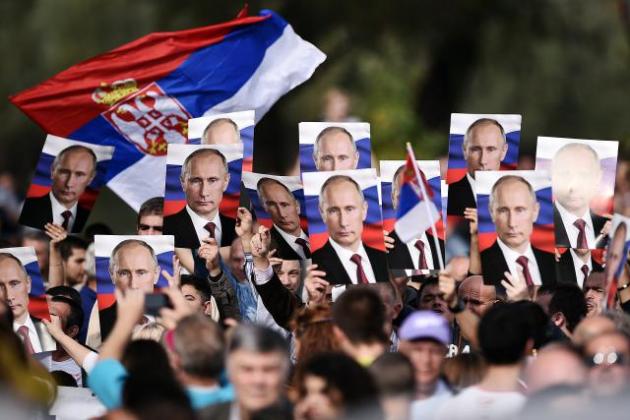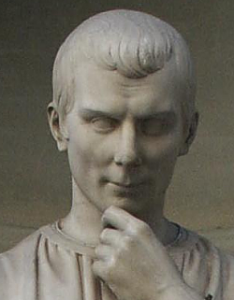Absurd Referenda
July 11, 2016 Leave a comment
After the Brexit vote, Russia has been putting pressure on Serbia to have a vote on EU and NATO membership as early as the presidential elections next year. The notion of such a referendum is clearly intended to sabotage Serbia’s EU accession and seeks to capitalize on the EU crisis after the British vote. I wrote this commentary below for the daily Blic on the absurdities of this referendum and referenda more broadly.

Referenda are popular tools in the hands of populists and authoritarian leaders and rarely the desired instrument of democrats. They give easy yes-no answers to complicated issues, they allow to mobilize citizens against something, anything and they can ignore values and rights that are other protected. It is thus no surprise that amidst the current democratic crisis on the European continent referenda have been proliferating. However, not just the Brexit vote shows how problematic referenda can be: In Greece last year, the government of Alexis Tsipras organized a vote on the conditions for the bailout plan, campaign against the plan and ignored the Oxi (no) vote the next day. In Britain the Brexit vote only took place because David Cameron promised it his own Eurosceptic party colleagues when he took control of the party and once Brexit one, both he and those who campaigned against the EU fled the scene without a plan. Other referenda have been launched by the opposition to sabotage the government and impose their own agenda, as conservative Janez Janša did in Slovenia or the clerical far right group «U ime obitelj» in Croatia with the vote to introduce a constitutional ban on same sex marriage.
Even in Switzerland, the home of referenda and more experienced to voting on specific policies had two highly problematic referenda in recent years. First, a vote banned the construction of minarets—never mind that this is not only absurd considering that minarets are exceedingly hard to find in Switzerland (only four were built before the ban in 2009), but also because it breaks human rights. The Swiss voted in 2014 to limit immigration, including from the EU, which broke bilateral agreements and resulted in EU countermeasures that hurt Switzerland.
It is populists with strong authoritarian leanings across Europe who argue for referenda, often against elected parliaments as a way to short circuit complicated decisions that require negotiation and compromise. While this sounds more democratic, it is so only at the surface. Referenda are rarely the instrument of citizens, but mostly tools of either governments to ratify what they want or the opposition using them sabotage a parliamentary majority.
The idea of a referendum on EU or NATO membership in Serbia at this point is particularly absurd. No country has ever voted on joining the EU before negotiations are concluded and there was a treaty to vote for or against. Similarly, no country that does not want to join NATO has voted on whether to join. It does make sense—and many countries did—of having a vote to join the EU or NATO once the deal is completed to ensure that the citizens agree with such a big decision. Voting on something that will happen years down the road and is uncertain how it will look like (what the EU will be like, the regional context and Serbia) is akin placing a bet today on the winner of the 2024 European football championship—foolish.
A referendum on NATO would be even more bizarre as neither the government, nor a majority of citizens currently want to join and there is no significant movement to join NATO. Thus, the only purpose of a referendum would appear to be to preempt a future change of heart. However, voting now on a policy in the future is locking yourself into an artificial tight-jacket that might be a convenient excuse until a future government will see it fit to ignore it.

The idea of such a referendum does recall the famous vote Milošević imposed in 1998 against foreign mediation in Kosovo. A majority of voters followed his suggestion to reject “foreign meddling”, just to see him negotiate (not very successfully) a few months later. JUL at the time plastered the walls of Belgrade with a poster in English (!) and the slogan “We all thing the same!”
The expectation of those arguing for such a referendum now would appear to be sabotaging EU accession and preventing a future NATO membership. A vote against the EU would be easily interpreted as a vote against political and economic reform and as more than just the rejection of membership in the organization, but the values associated with it and ties with the EU. Turning the back to Europe would satisfy dictators to the East, such as Putin and Erdogan, but bring nothing good for Serbia. The best illustration of the populist trap was a recent cartoon of two sheep standing admiringly in front of the election poster a wolf. They were happily explaining their unlikely support: “This will show the shepherd”.








You must be logged in to post a comment.